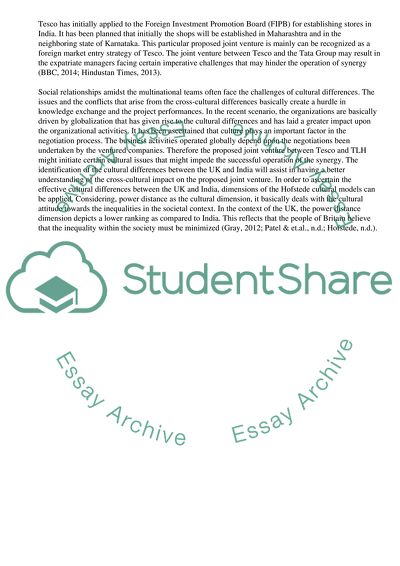Cite this document
(Tesco in India Coursework Example | Topics and Well Written Essays - 2000 words - 2, n.d.)
Tesco in India Coursework Example | Topics and Well Written Essays - 2000 words - 2. https://studentshare.org/management/1822780-tesco-in-india
Tesco in India Coursework Example | Topics and Well Written Essays - 2000 words - 2. https://studentshare.org/management/1822780-tesco-in-india
(Tesco in India Coursework Example | Topics and Well Written Essays - 2000 Words - 2)
Tesco in India Coursework Example | Topics and Well Written Essays - 2000 Words - 2. https://studentshare.org/management/1822780-tesco-in-india.
Tesco in India Coursework Example | Topics and Well Written Essays - 2000 Words - 2. https://studentshare.org/management/1822780-tesco-in-india.
“Tesco in India Coursework Example | Topics and Well Written Essays - 2000 Words - 2”. https://studentshare.org/management/1822780-tesco-in-india.


